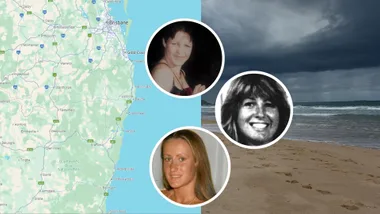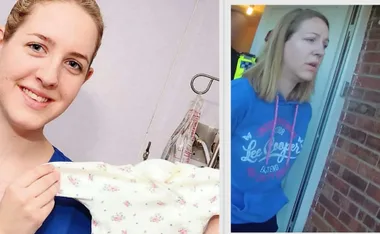Still regarded as Australia’s most heinous serial killings, South Australia’s Snowtown killings, also known as the “bodies-in-the-barrels” murders has left a harrowing legacy of pain and trauma.
Now the youngest man involved, 45-year-old James Spyridon Vlassakis has been granted parole and will be moved into a pre-release centre in Adelaide
He has spent 26 years in prison and was 19-years-old when he pleaded guilty to the murders of Troy Youde, 21, his half-brother, David Johnson, his step-brother, and two other men, Frederick Brooks and Gary O’Dwyer. Because he helped authorities the court handed down a non-parole period of 26 years that ended in May.
DEADLY GROUP
Vlassakis gave testimony that helped convict his other members of the deadly group who carried out the killings between August 1992 and May 1999 in or around Adelaide. Vlassakis’s step-father John Justin Bunting, 37 at the time of sentencing in 2003, was the ringleader and is serving a life sentence without the possibility of parole after being found guilty of 11 murders. His co-conspirator Robert Joe Wagner will also remain in prison for life.
Accomplice Mark Ray Haydon was released into the community in 2024, without restrictions or supervision.
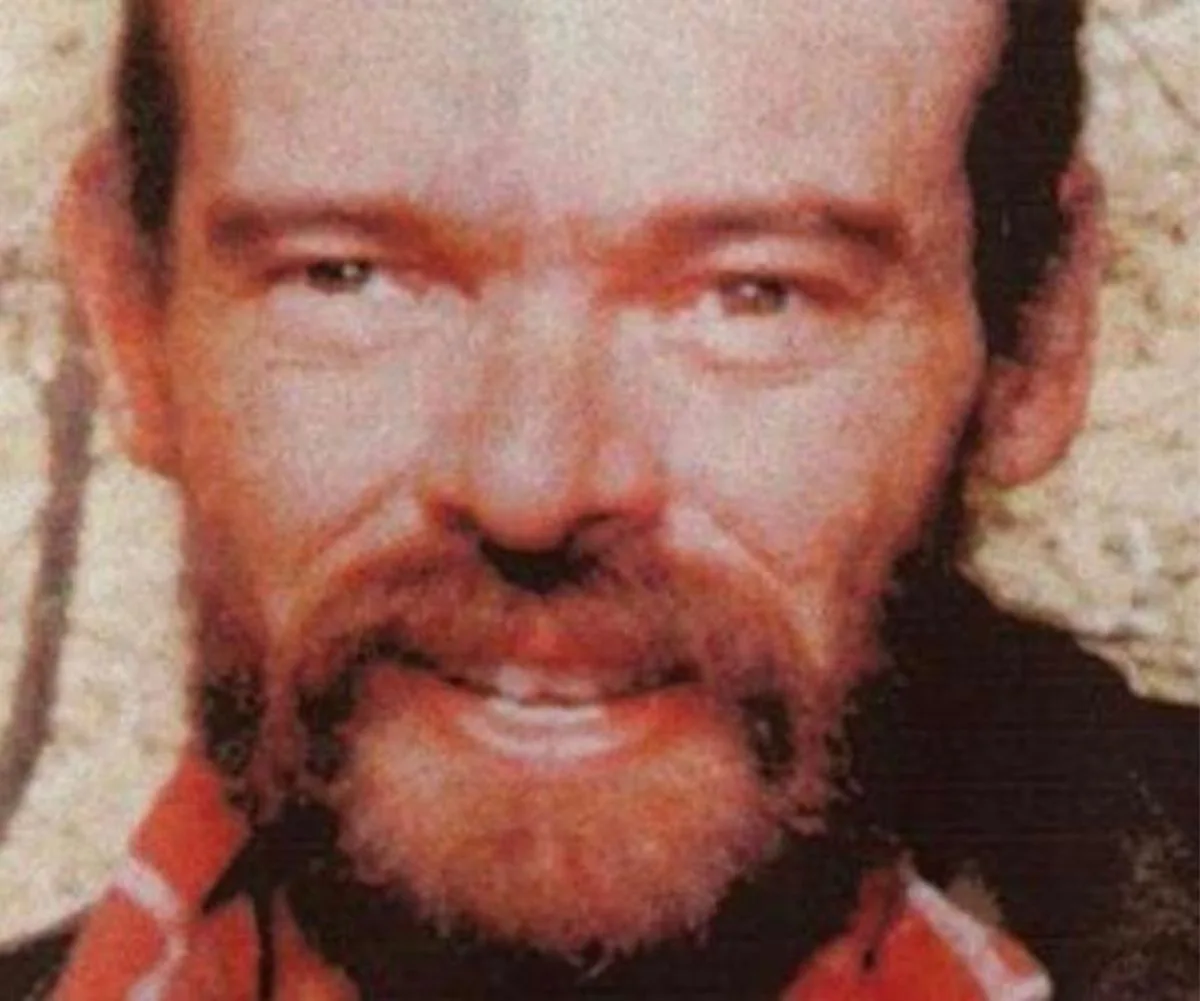
“He has completed the sentence the court has imposed,” says presiding member of the Parole Board Frances Nelson KC at the time.
Haydon was never found guilty of any of the 11 murders, which were given the infamous label due to the eight dismembered bodies found in barrels of acid in a disused bank vault in Snowtown, a small town 150 kilometres north of Adelaide.
VICIOUS SPREE
Bunting, Wagner and Vlassakis were named as the murderers, while Haydon was convicted of helping cover up the deaths of seven victims.
Between 1992 and 1999, the group went on a vicious murder spree, with almost all of the victims closely related to them as partners, family or friends.
Initially, it was thought their motive was to receive the victims’ Centrelink benefits, but it seemed Bunting was dealing out punishment to those he accused of being paedophiles, homosexuals or “weak”.
Haydon’s part began in August 1998, when, unbeknown to him, six people had already been murdered.
Bunting, who was dating Haydon’s wife’s sister, asked Haydon to help scare Troy Youde, 21.
The gang claimed Troy had sexually abused Vlassakis, and at first Haydon joined in on the “scare”.
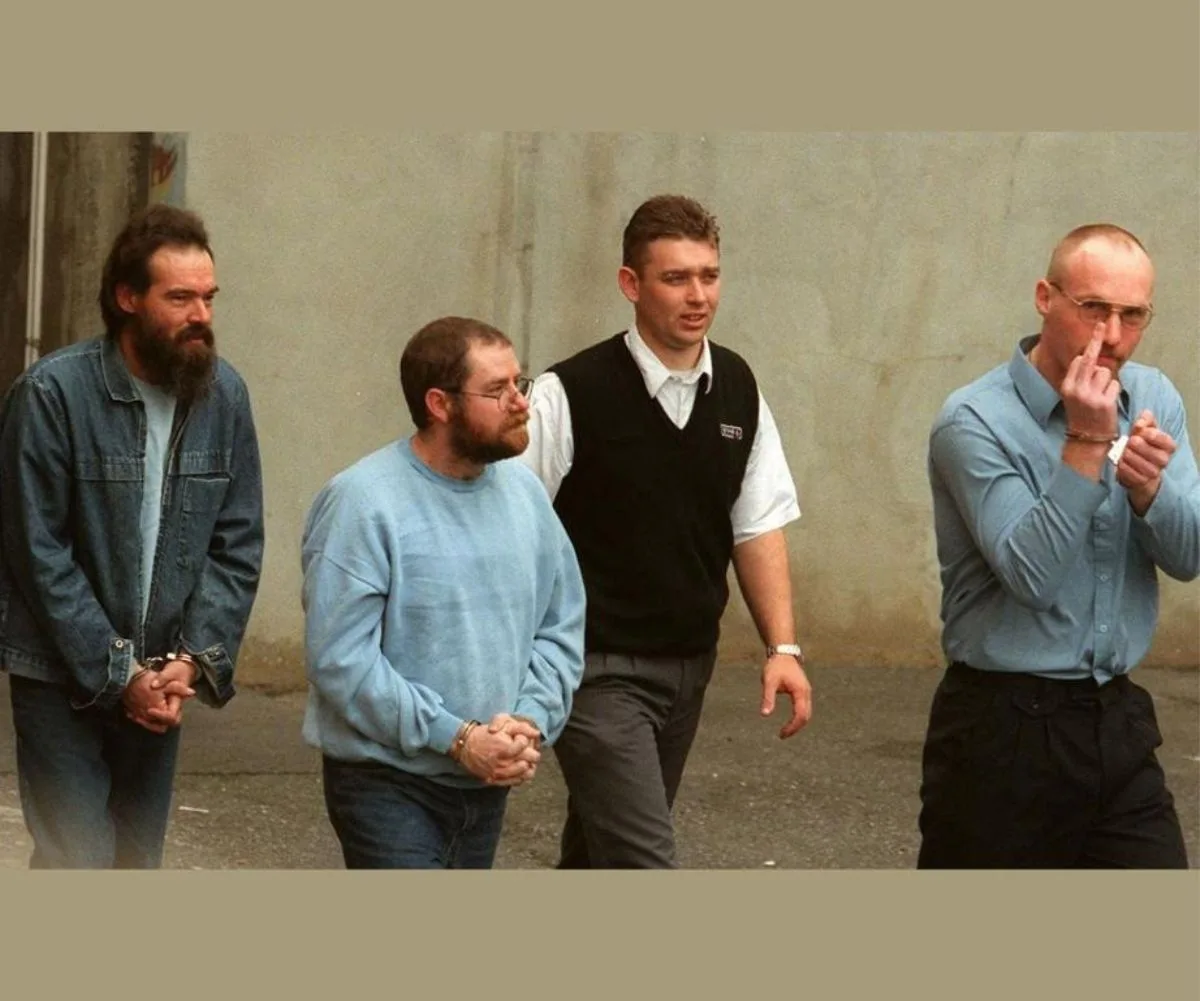
When it got violent, he fled to another room, but he then helped clean up and carry Troy’s body to the back shed.
The judge accepted it was the only murder Haydon was present for but after it he agreed to store the body of another of the gang’s murder victims, 17-year-old Fred Brooks, in his shed. Then, barrels containing other bodies arrived at his home.
In November 1998, Bunting and Wagner turned on Haydon’s wife.
COVER UP
Though he wasn’t involved in her murder, Haydon helped cover it up, lying to Elizabeth’s family about where she was.
When the police began investigating her disappearance, the gang moved the barrels to the disused Snowtown bank vault, where they were eventually discovered.
Haydon co-signed the lease on the place, cementing his involvement.
Still, when his case came to court in 2005, the jury could not agree on the murder charges.
He was convicted of five counts of assisting an offender, and he pleaded guilty to two more.
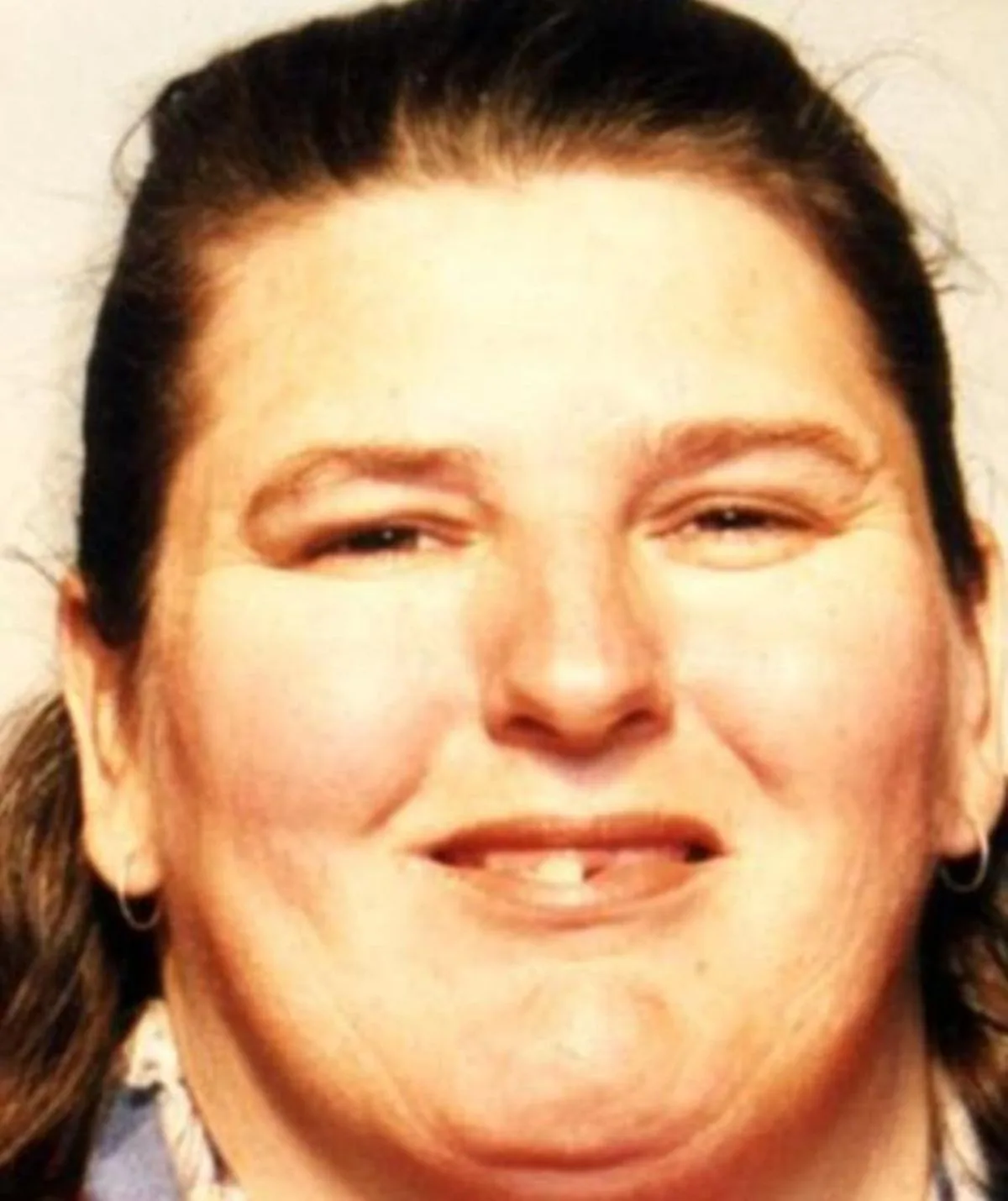
His 25-year punishment was the longest custodial sentence for assisting an offender in South Australian history and longer than many served by murderers.
“That gives you a good comparator of how the court viewed this particular example of [the offence of] assist offender,” says SA Law Society Criminal Law Committee member James Marcus.
South Australia’s Commissioner for Victims’ Rights, Sarah Quick, said on the news of Vlassakis’ parole, that it would bring “fresh pain and anger” for friends and family of the victims.
“These individuals are not only worn down by their trauma, but also by the ongoing criminal justice processes,” she said.
“The prospect of Mr Vlassakis re-entering the community is a difficult reality for the victims and will require a significant emotional adjustment, adding to an already unbearable burden.”

